

Audio By Carbonatix
Development in Denver is quite the two-edged sword: On the good side, it bears out the success and growth of the Mile High City in the last twenty-some years, burgeoning from a middle-tier Western real estate market to one of the most sought-after places to live in the country. On the bad, it’s priced out a good number of locals, many of them longtime residents who got caught in the stratospheric rise of property values in the wrong sort of way – and a large number of renters who could only watch helplessly as the house they’d been paying rent on for years or decades went from six figures to seven, and their own costs rose accordingly.
And then there are the many sins of developers over the years, from cultural carelessness to terrible taste to outright avarice – which have led not only to the sky-high prices of the housing market, but some absolutely awful visuals from street to street.
How can Denver improve its housing outlook in the years to come? Here are some places to start in 2023:
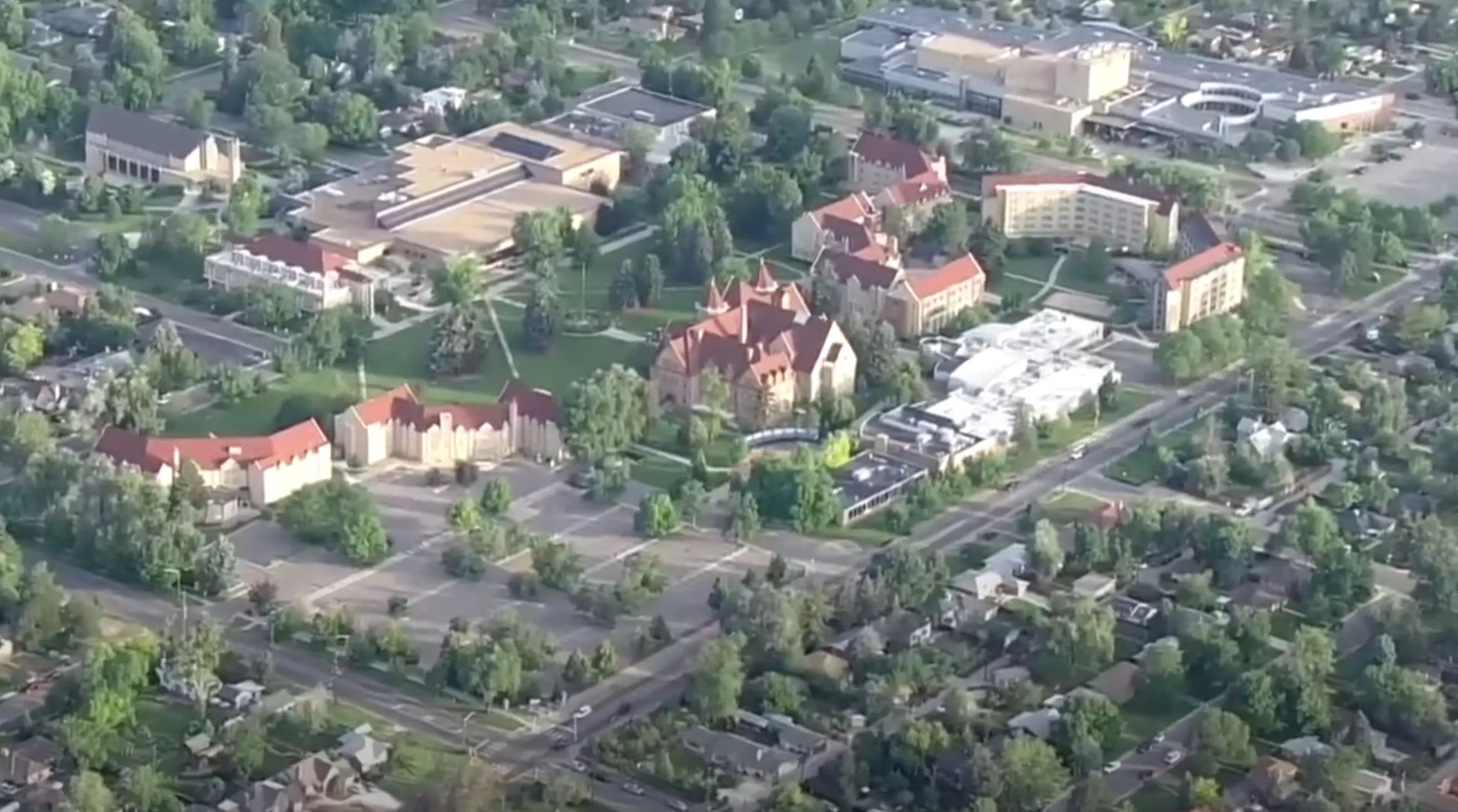
What began as Colorado Women’s College will soon offer affordable housing for Denver residents.
Start With the Basics: House Everyone
Affordable housing should be more than a reticent stipulation of development plans: It needs to be the spearhead of a portion of development initiatives in the greater metro area. This isn’t just about protecting the homeless, though that’s important (and not just during extreme weather like we had just before Christmas 2022). It’s about a working family who’s making the average take-home in the city and has no way to approach what a mortgage within Denver city limits would cost them. The recent plan for Mosaic Community Campus – the ten acres of campus that started as Colorado Women’s College and then was Johnson & Wales University until 2021 – is a good example of a great idea.
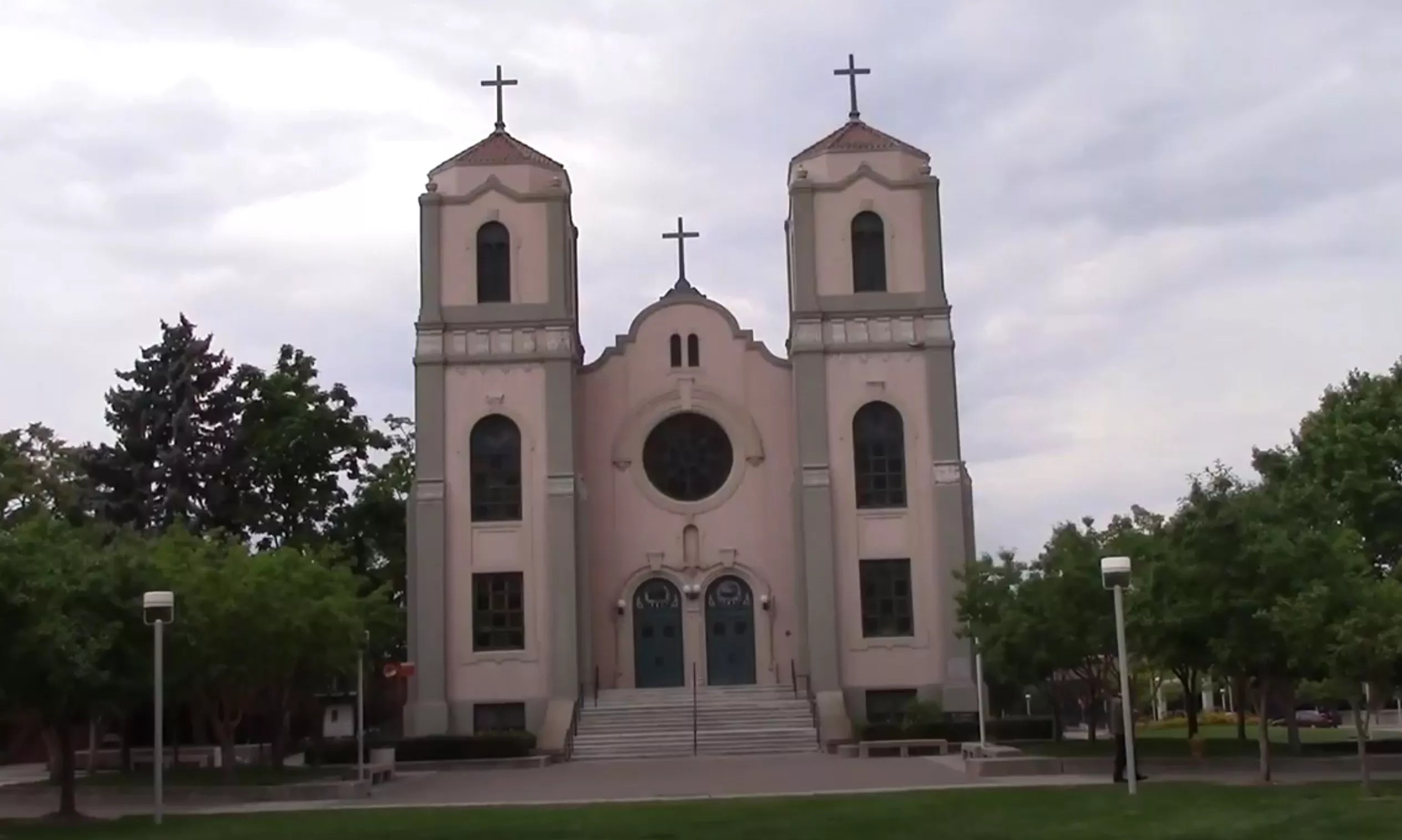
St. Cajetan’s on the Auraria campus.
No More Aurarias
Auraria used to be a neighborhood, not a campus near downtown Denver. Then came a flood in 1965, which led to a long-sought urban-renewal plan. Then the Tivoli Brewery closed in 1969, and in 1970, the Denver Urban Renewal Authority offered no more than $1.45 per square foot for the homes of residents, or the offer to physically relocate their homes to a new location to make room for the new campus. Despite the preservation of a few of the larger structures and several homes along what would become known as the Ninth Street Historic Park, the once-vibrant, largely Latino neighborhood was demolished – and Denver is still apologizing for the uprooting. Descendants of displaced Aurarians get free tuition at the three universities that share the campus, and CU Denver ceded the oldest home on the Ninth Street Park block to honor the history and the legacy of the families that once called it home. It’s a good lesson for ongoing developments in Denver: We can’t move ahead as a city by leaving some of our most vulnerable populations behind – or worse, kicking them out and taking their stuff.
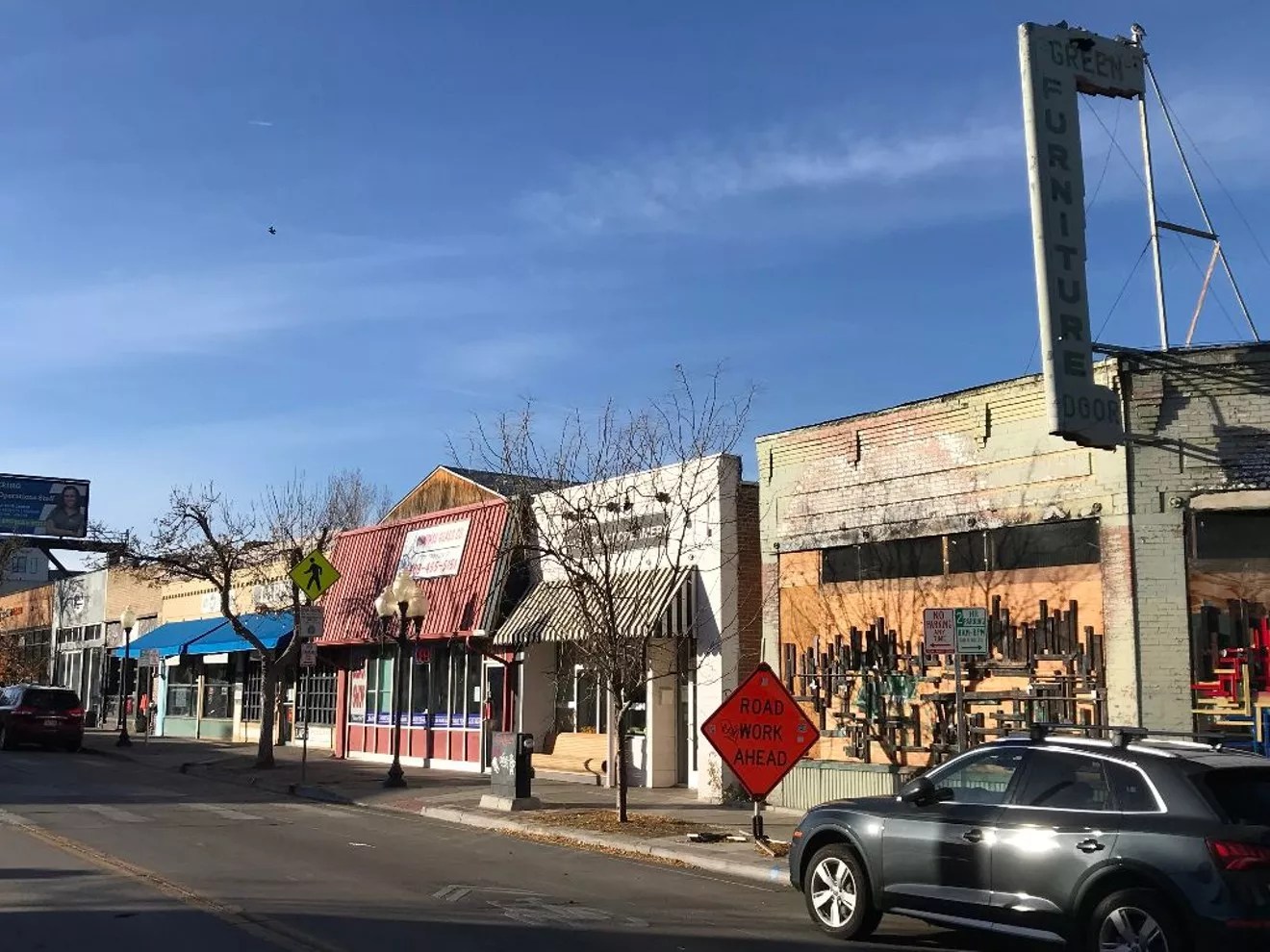
Tennyson, we miss you.
Teague Bohlen
Learn From the Lessons of Tennyson
We’ve previously written about the Tennyson corridor, and specifically how it serves as an unfortunate example of development gone too far, loosed with no firm restrictions. When nothing but profit is the point, the Tennyson Street of today is what you get. Buildings crowding the street. Parking issues. All the charm of old architecture and local history given way to boxy and overly maximized square footage. Developers are not skilled at self-regulation. They’re actually super terrible at it; it runs contrary to their very way of being. So maybe this is a better lesson for the City of Denver: Keep the developers on a tight leash or they’ll piss on everything.
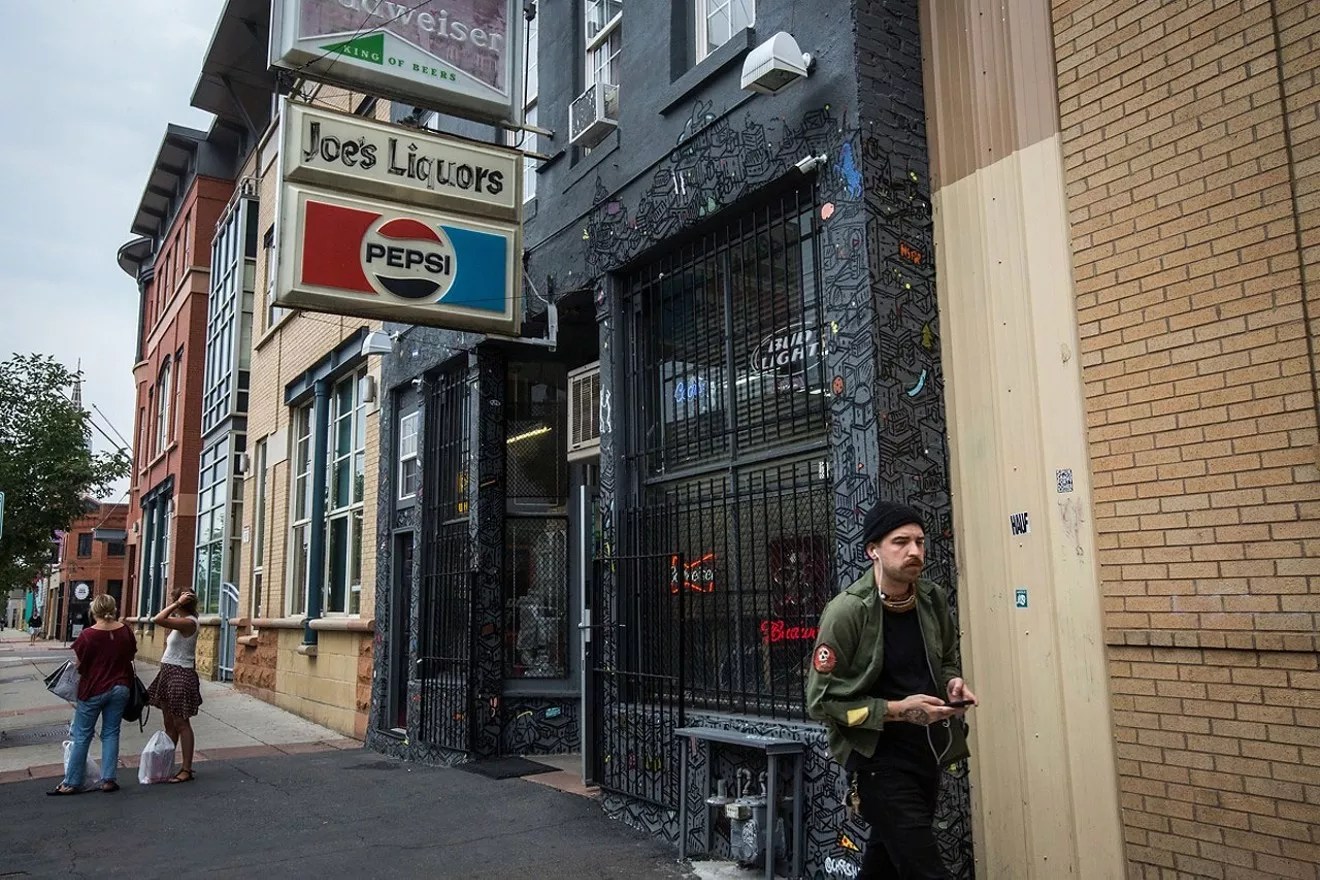
Joe’s Liquors will someday soon be a store selling something a lot more expensive.
Danielle Lirette
Tame RiNo
The River North neighborhood has arguably seen the most Denver redevelopment in the last few years, and the amount of available land to grab up is shrinking fast – as is the patience of residents in and around the area who don’t want to live in the shadow of high-rises blocking their view of the mountains. This past year saw the approval of a new mixed-use development of nearly the entire block between 25th and 26th Streets and Lawrence and Larimer, previously owned by the Volunteers of America. The plan by Washington, D.C., developer EDENS has some attractive elements, to be sure, but some current residents of Curtis Park just to the east worry that there’s not nearly enough parking planned; they’re also concerned about the exception being made to a three-story construction limit by four extra floors. (Not all of the proposed project will be seven stories, EDENS was quick to point out – not that this will matter if you’re a bungalow on Arapahoe that sits in its afternoon shadow.) In short: We’ve seen the gold rush for RiNo, and that vein is nearly played out. What’s left needs to be dealt with carefully and consciously.

Stop.
Stop Re-Creating Stapleton
Two lessons from the neighborhood once known as Stapleton: First off, pay attention to the people you’re honoring with your names. It took twenty years and too many neighborhood votes to stop paying respect to a racist legacy. And second, not everyone wants to live in one of six different house models in varying shades of beige with next to no yard and constructed of materials that will decompose in a few decades of Colorado winters. The jogging paths are nice, though, especially for golf carts being driven by ten-year-olds.
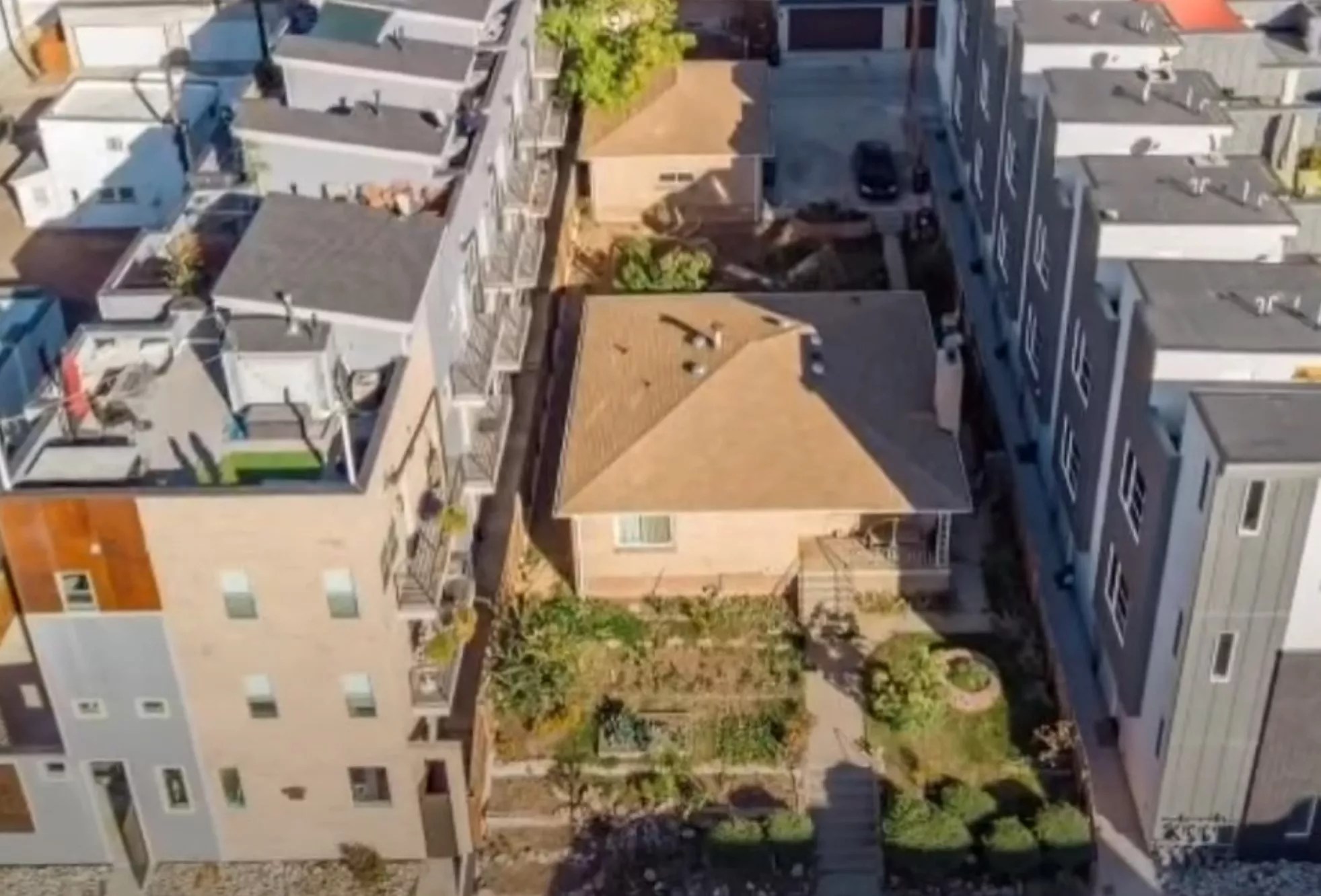
History bravely standing in the way of so-called progress.
Don’t Make Us Rub Your Noses in the Mess You Made of the Northside
Look what you did. Just look at what you did. Bad developers! Bad!
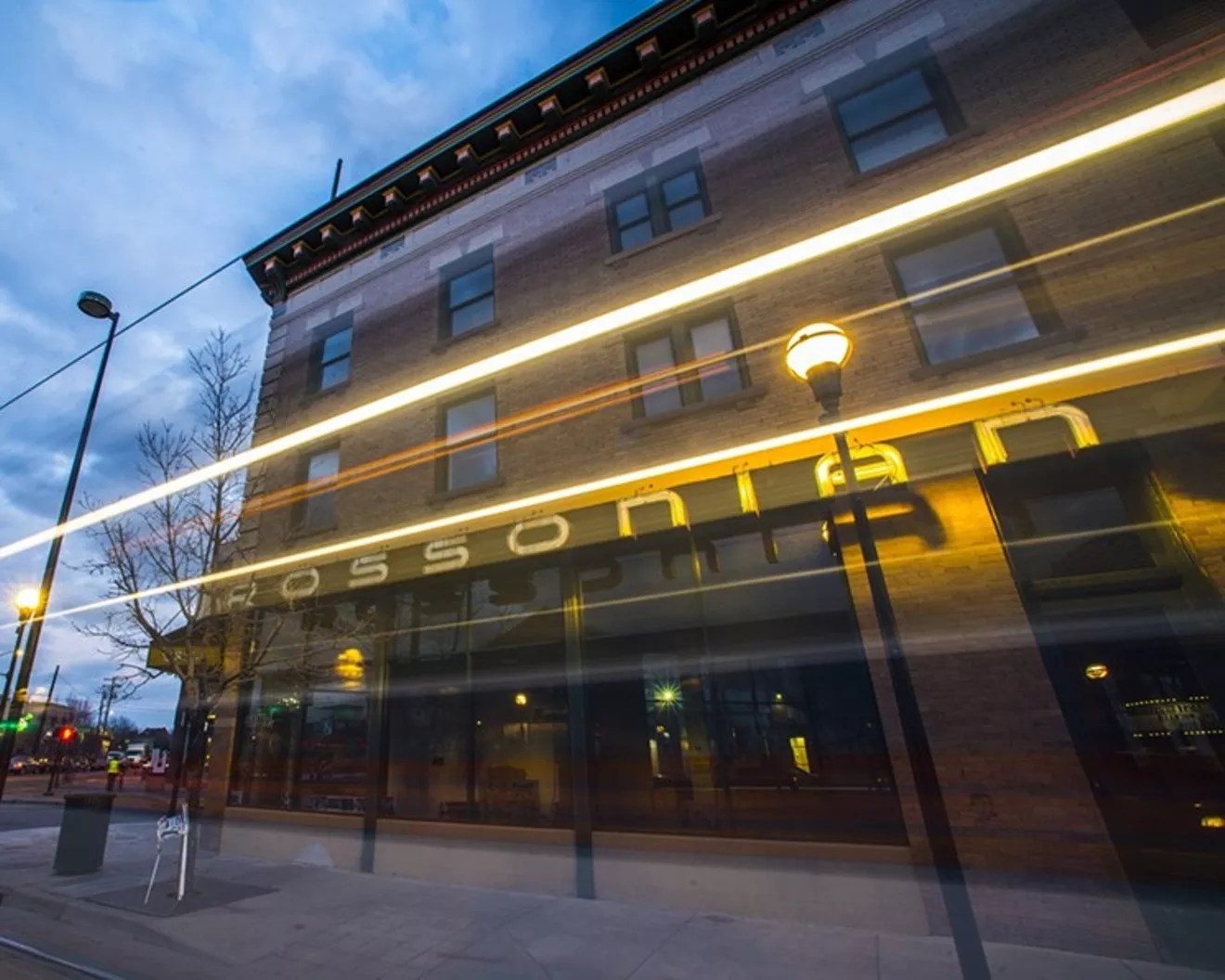
The Rossonian should light up Welton again.
Evan Semon
Do Right by Welton Street
As Denver’s historic Harlem of the West, Five Points in general and Welton specifically is incredibly important to the city’s storied past. That deserves to be honored and spotlighted, not paved over or renovated beyond recognition. Follow through with the plan to finally revitalize the beleaguered Rossonian. Support Black-owned businesses like Welton Street Cafe and Melody Market and Coffee at the Point (which we hope reopens in 2023). The history of Five Points deserves more than commemorative plaques and wall murals.
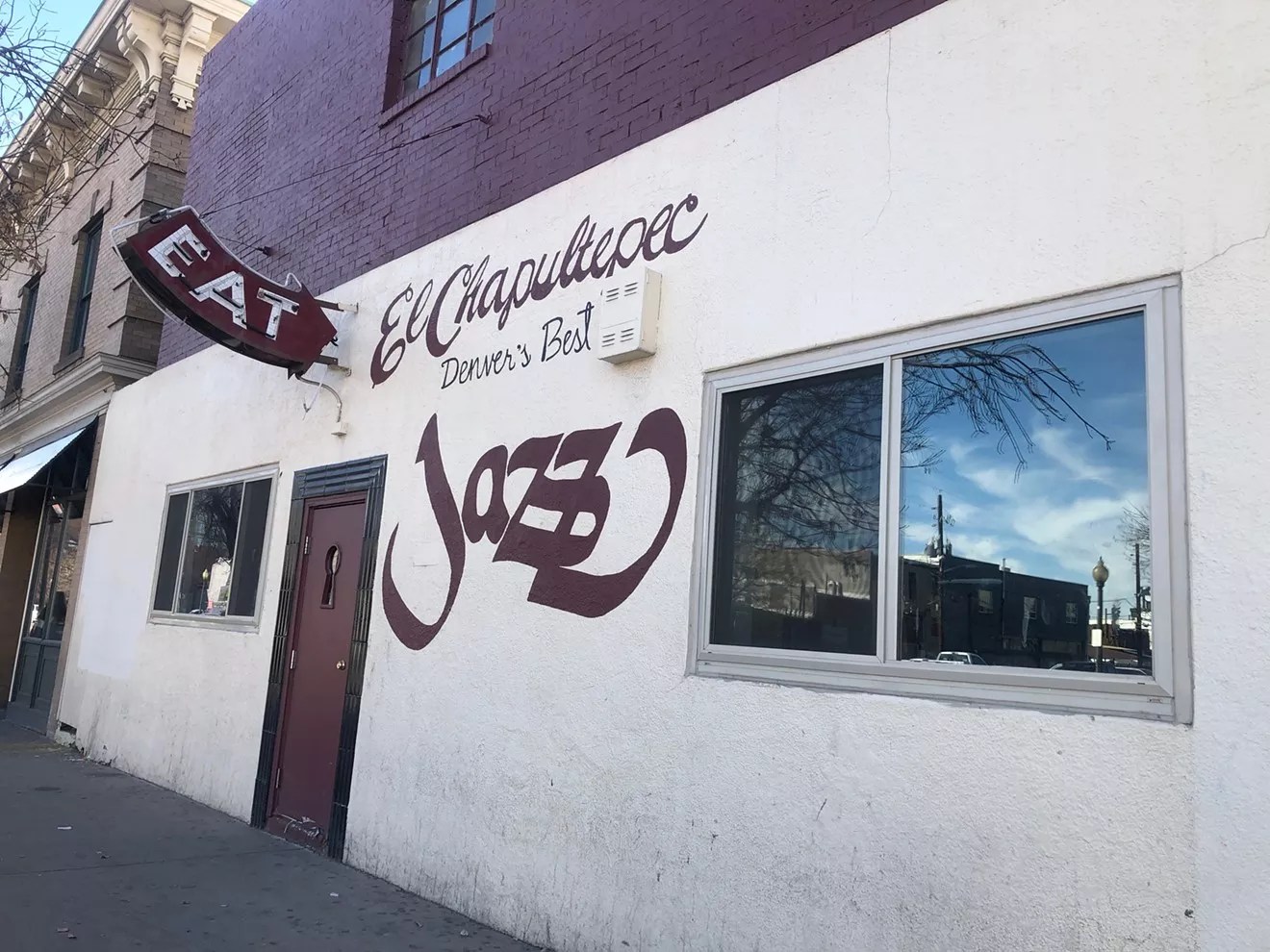
The late, great El Chapultepec.
Danielle Lirette
Preserve El Chapultepec’s Legacy
History plays a huge role in this list, as it should. Development is at its worst when it ignores that element and pushes through changes to longstanding neighborhoods and pushes out longtime residents. One small but vital example of this is the 2020 loss of the great El Chapultepec, which came during (but reportedly not because of) the pandemic. Its closure after nearly nine decades of “Denver’s best jazz” was a massive loss to the city. “We will not do anything to erase El Chapultepec out of the history books,” said Kenneth Monfort this past November in announcing the Monfort Company’s acquisition of the historic venue. “In fact, we’re going to embrace that history that place had in Denver. … If you’re from Denver, you had been there, for sure. If you hadn’t been there, that’s a shame.” Mr. Monfort, it’ll also be a shame if that turns out to just be lip service. Whether that’s talk or becomes action in terms of “the ‘Pec” living on is a story that time will tell – just like in the rest of Denver. Developers: Do the right thing.